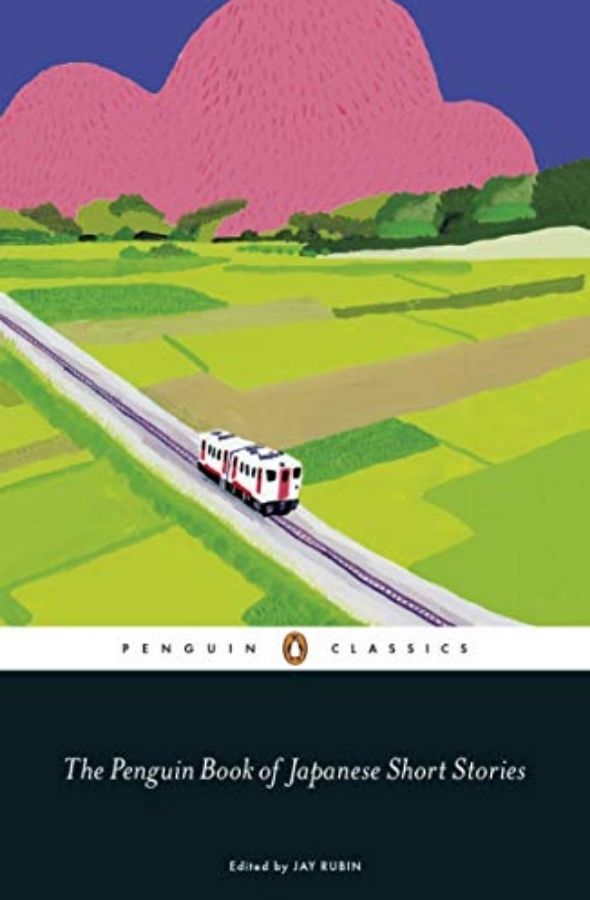It has been quite some time since I last reviewed a story from The Penguin Book of Japanese Short Stories, which is a compilation that I started reading all the way back in March 2026. Nonetheless, I plucked it from my bookshelf the other day and had a pleasant, thoughtful ten-minute read of Banana Yoshimoto’s Bee Honey.
This six-page short story follows an unnamed protagonist, a Japanese woman who recently learned of her husband’s affair, as she stays at a fellow Japanese friend’s house in Buenos Aires, the capitol of Argentina. Given that her friend works as an unofficial tour guide for Japanese visitors, the narrator has plenty of time to herself to wander around the scenic, colourful area until she tires each day.
What is most captivating about this very short piece of fiction is how it captures a sense of emptiness, unity, and guilt. Despite how hollow the narrator feels, as she watches a precession of long-grieving mothers who mourn their children lost in the country’s Dirty War that resulted in the government killing or kidnapping up to 30,000 people, she begins to trace back her youth and be grateful for the minimal grief she has had.
Yoshimoto’s story says a lot more than what it is written. It points to the value of family, others, the sense of belonging and unity, but also the illusory nature of said belonging and unity. It is also slightly feminist, giving off an air of the value of mothers and maternal love, which contrasts against a husband’s (and potential father, in most circumstances) infidelity and fragmentation of love, trust, and unity.
The writing, whilst not mesmerising, evokes the quiet and slightly jumbled struggle of a woman simultaneously processing the collapse of her marriage and romantic life, whilst also being able to reassure herself by contrasting her minimal woes to the lifelong pain that the Argentinians—alongside citizens of any other authoritarian or terror-filled country—bear for the remainder of their scarred lives.
Although four stars does seem generous (especially from me), I found this short story to be one that utilises its sparse nature well, without skimping on some nice scenic details and an understated guttural, emotional aspect.
Readers are granted enough information about the narrator to understand her, but not know her—at best, she is sensitive or depressive, but not exactly self-absorbed. Being able to keep an audience invested, curious, and wanting expansion from a story, is a hallmark of good writing, especially with a word count of ~2,500. A very good, if also very short, read that deserves its place in Penguin’s collection.

Leave a Reply